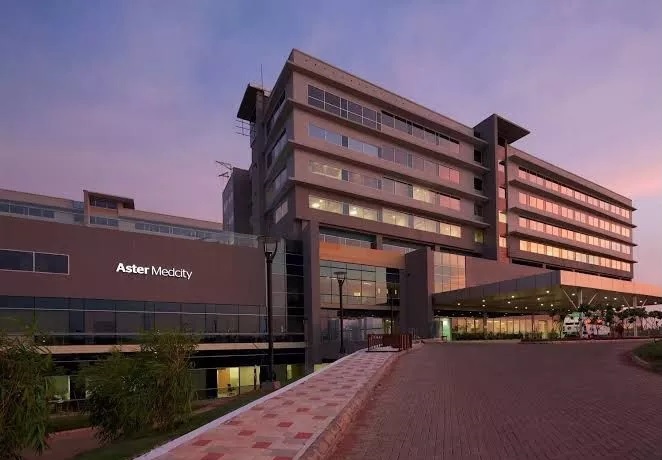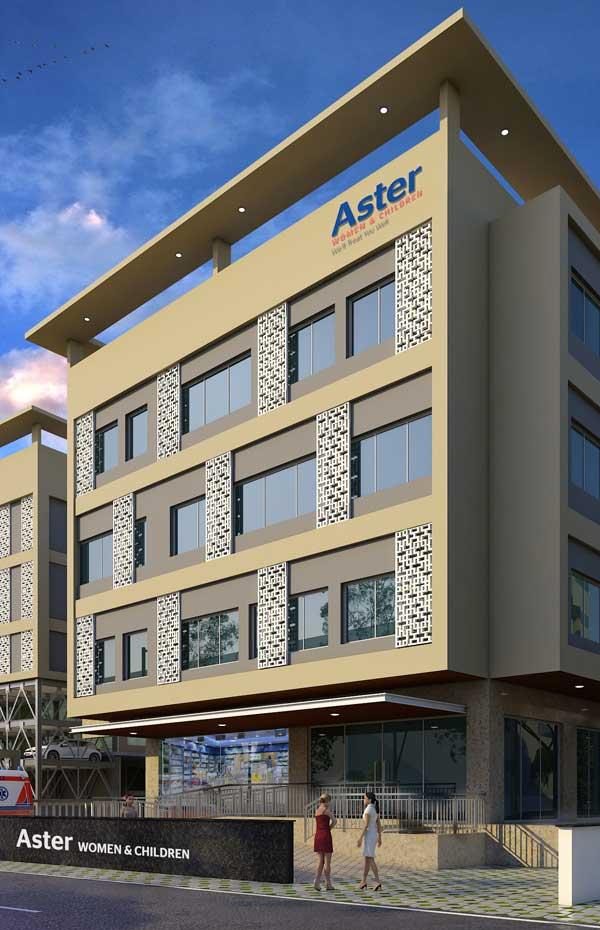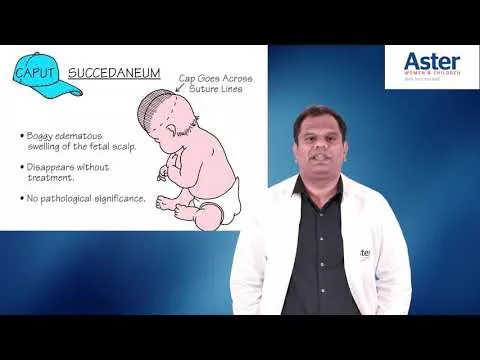Aster Hospitals proudly presents the quaternary care Neonatal Intensive Care unit (NICU) including high intensive care beds requiring complex medical and surgical intervention for neonates till 4 weeks of age. Highly trained neonatal intensive care physicians, nursing skilled personals and other supporting doctors from allied neonatal specialties partake in the care for critical newborns and their families.
Our Doctors
We have some of the best specialists from around the world, they bring years of experience and offer evidence-based treatment to ensure the best care for you.
Advanced Technology & Facilities
Well equipped with the latest medical equipment, modern technology & infrastructure, Aster Hospital is one of the best hospitals in India.
The NICU is equipped with giraffe omniBed care stations, giraffe infant care incubators and high-end resuscitation warmers etc. Combining with state-of-the-art technology, innovative design and exceptional thermal performance it creates a healing environment to help newborns thrive.
(> 23 weeks and above 400 grams)
The unit has an excellent blend of neonatologists trained in Canada, UK, and India. With this experience, the team has the ability to manage any extreme preterms (>350 gm and more than 22 weeks). The past experience data has shown excellent outcomes both short term and long term with the least mortality when compared to any top centres of the world.
The unit is equipped with SLE Inosys Nitric Oxide (NO) delivery and monitoring system, which delivers Nitric Oxide. This is an advanced therapy for the management of babies with severe pulmonary hypertension. This modality is useful in babies born with a congenital diaphragmatic hernia and in those with severe meconium aspiration syndrome.
The unit is also unit is equipped with SLE6000 ventilators, the most advanced ventilators available so far. It provides invasive and non-invasive ventilation. The unit also provides advanced ventilation in the form of Nasal Intermittent Positive Pressure Ventilation (NIPPV), and High-Frequency Oscillatory Ventilation (HFOV).
The unit offers newborn resuscitation corners in the labour rooms and maternal OTs. The arrangement can also handle twin deliveries. These stations have inbuilt T-piece devices, air oxygen blenders, suction apparatus and timers.
Only a few NICUs in India is equipped with facilities like Amplitude integrated EEG, that is used to monitor subclinical seizures in cooled and seizure babies. It also helps the team to predict neurodevelopmental outcomes in birth asphyxia babies.
The NICU has a servo-controlled machine that enables the doctors to treat babies born with birth asphyxia. With this equipment, the temperature is reduced to 33.5°C and can be maintained at that level for 3 days. This treatment has been shown to significantly improve the outcomes in babies.
The team performs 2D echocardiograms, cranial and lung ultra-sonograms using the bedside sonogram machine. This is used to treat patients with PDA, PPHN, shock, IVH, PVL, air leak etc.
To maintain highly sterile conditions, the NICU is equipped with laminar flow hood for fluid preparation and TPN preparation. This keeps infection rates to minimum.
Aster Hospital's Neonatal Transport Service is highly equipped with the intensive-care environment, it provides swift service for newborns in need of specialised critical care services. It is operated by a multidisciplinary team of experts who involve the usage of advanced technology.
On the arrival of Neonatal Transport Ambulance to Aster Hospital, the newborns are shifted to the NICU department where infants are put under the treatment curated by a highly trained team of Neonatologists.
The Neonatal Transport Service is available 24 hours a day, seven days a week.
Each transport unit includes:
• Total body cooling therapy
• Ventilation
• Nitric oxide
• Enhanced vehicle hydraulics to ensure a smoother ride
• Ambient lighting to enhance relaxation
Blogs
The source of trustworthy health and medical information. Through this section, we provide research-based health information, and all that is happening in Aster Hospital.









